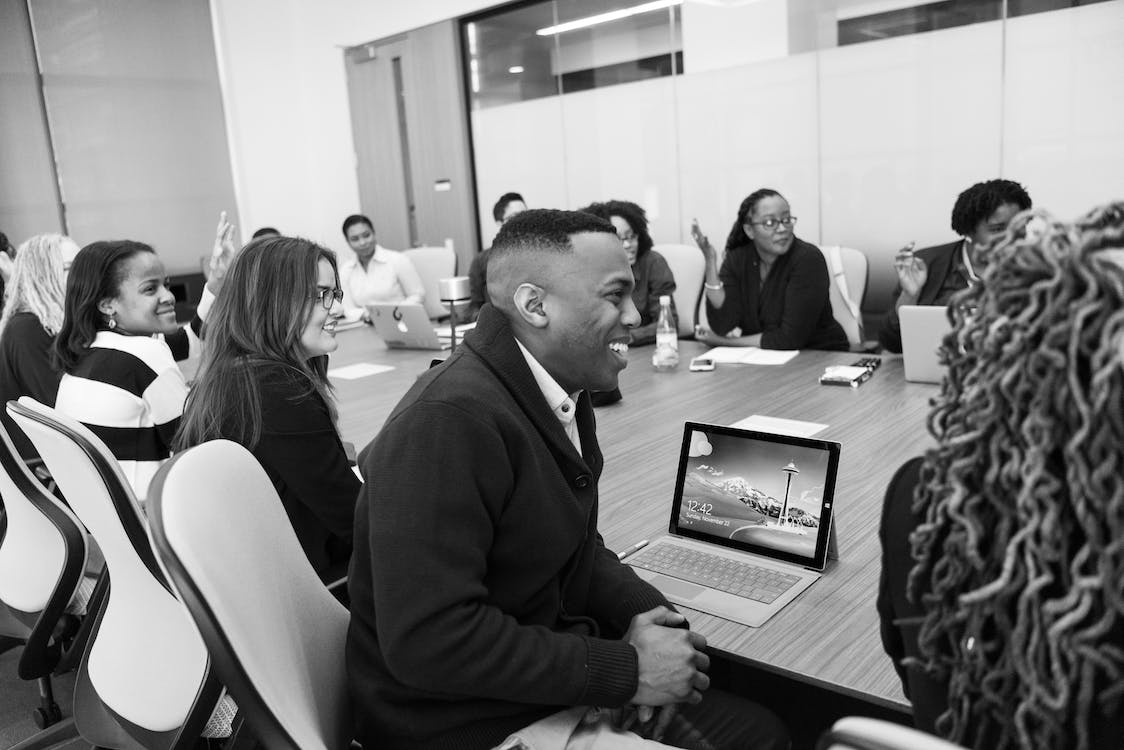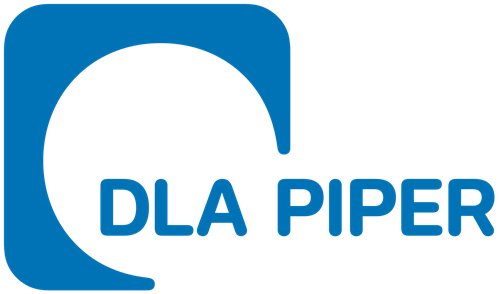
Get the scoop on DLA Piper's Solicitor Apprenticeship from insiders at the firm.
DLA Piper solicitor apprenticeship review 2024
Chambers Student: How is the solicitor apprenticeship structured at the firm?
Victoria Greaves, talent acquisition programmes manager: Our Solicitor Apprenticeship is 6 years in length and will provide apprentices with the opportunity to become a qualified solicitor with a level 7 degree qualification. Apprentices will study towards an LLB (Hons) in Legal Practice and Skills, and also work towards the Solicitors Qualifying Examination (SQE). During years 1 to 4, apprentices will complete four 12-month rotations in the firm’s practice groups. During years 5 and 6, they will complete four 6-month rotations, and will also have the opportunity to undertake client and international secondments. The rotations will allow the apprentices to work in different teams on a wide range of legal matters, and enable them to develop their legal knowledge and professional skills. Alongside their academic studies, apprentices will participate in a comprehensive induction, regular training and a bespoke apprentice development plan delivered via the DLA Piper Academy, which will give them the knowledge, skills and behaviours they need to be successful in their role. Apprentices will not incur any university fees, as their tuition fees will be fully funded by the firm, and they will earn a salary during their apprenticeship.
"The idea that you could spend 80% of your time working in an international law firm as big as DLA Piper, whilst also gaining a degree and qualifications at the same time, seemed the best opportunity for me."
CS: Why did you decide to apply for a legal apprenticeship?
Adam Jahanghir, apprentice: I ultimately decided on the solicitor apprenticeship programme - as opposed to more traditional routes into the legal profession - for the amount of experience that could be gained prior to qualification (working four days a week in practice, for six years). The freedom to instantly apply theoretical knowledge and legal skills gained at university in the workplace is a great advantage, and the fact that there is no student debt in this route was very appealing!
Sophie Kenny, apprentice: The idea that you could spend 80% of your time working in an international law firm as big as DLA Piper, whilst also gaining a degree and qualifications at the same time, seemed the best opportunity for me. The thing to remember is that you are entering a professional environment for work, which helps to not only build confidence but also more soft skills that are transferable between work and other aspects of life. For example, communication, writing styles, networking, and even things like being articulate and knowing what to say.
CS: What has your experience been like so far?
SK: My experience so far has been amazing – not only have the team and the wider group made me feel extremely welcome and comfortable, but they are always challenging me, allowing me to take more responsibility and try different tasks throughout my first six months here. As a solicitor apprentice, no two days are ever the same as the work differs quite frequently, but within finance, many tasks are reoccurring on different matters, allowing you to get to grips with how things need to be completed. The most valuable lesson I have learnt so far is definitely communication – it is the key to everything! Communication allows for you to clearly express what you have or haven’t done, keep fee-earners up to date on tasks you are doing for them, and overall keeps the process of matters running a lot smoother. It is something that is highly appreciated and valued.
AJ: One of the biggest lessons I’ve taken away so far is the importance of adding value. Being so junior, I think the best way to do this is through being well organised, looking forward and thinking of the next steps required, and sharing these ideas. Overall, I would say that the apprenticeship so far has been challenging. However, this is something I am grateful for and believe it’s a testament to the programme at DLA Piper - you are always developing, being given responsibility and being pushed out of your comfort zone.
CS: What is the balance between studying and work experience? How did you find the study element?
VG: The Solicitor Apprenticeship is delivered in partnership with an external academic institution. Each week, Apprentices will have one day (20%) dedicated to their studies, and four days (80%) learning through practical on the job work experience (80%).
SK: The balance between both elements is certainly challenging at times, but it is nothing that isn’t manageable. All of the teams within DLA Piper are fully aware of the university requirements we have as apprentices, so are always mindful when considering workload and deadlines.
CS: What sort of training, mentorship and support do you get as a legal apprentice? If you came directly from school, what was the transition from A-Levels like?
SK: Throughout the programme, there is a whole host of support available. DLA Piper uses the University of Law as the provider for the solicitor apprenticeship, and ULaw allows us full access to all of its services, whether it’s the on-campus library, one-to-one study skills sessions or wellbeing assistance. In addition, we all have an assigned skills coach at university who comes to our place of work every 10 - 12 weeks for a meeting with us one-on-one and our supervisor. This is extremely helpful as it keeps consistency with the contact you have at University and also allows for any issues or queries to be raised on a regular basis. Meanwhile, at DLA Piper, our programme sponsor is amazing at keeping in touch with us throughout our seats by setting up regular meetings to catch up. On a wider basis than just your initial team and supervisor, everyone, from the trainees to the office managing partner, has been approachable and helpful in getting us settled and resolving any doubts we have. Moving from A-Levels to the apprenticeship was a lot easier than expected as the level of support provided really helps.
"We like to see that individuals have done thorough research and can demonstrate why they want to be a Solicitor Apprentice at DLA Piper."
CS: What does the firm look for in the application process? What did you do to stand out?
VG: We look for a well formatted CV, no spelling or grammatical errors, the ability to quantify achievements and provide specific examples, and we like to see that individuals have done thorough research and can demonstrate why they want to be a Solicitor Apprentice at DLA Piper. [CS: on this note, reading the firm's True Picture is a must!]
AJ: I wanted a firm that aligned with my values, and that’s what I tried to demonstrate during the application process. I tried to show with examples why I found the quality of work, international reach and innovation and progression of the firm so interesting. The reason I was able to do this was that I researched the firm well, and I think that’s a big part of what the firm looks for.
SK: The best way I found to stand out from others during the application process is to always have a different example for each skill or attribute you talk about. It’s important to provide solid evidence of when you have used or developed this. By doing this, it showed my interviewer that I had done a whole range of things to push my development in various ways.
CS: What’s been your favourite moment or part of your apprenticeship?
AJ: Some great moments of my apprenticeship programme so far have included: attending internal socials and client events, being able to work on pro bono matters and joining internal committees and the 5-a-side football team. However, I would have to say the best part of the apprenticeship has been meeting great people, both inside and outside of the firm and developing personal relationships with them.
